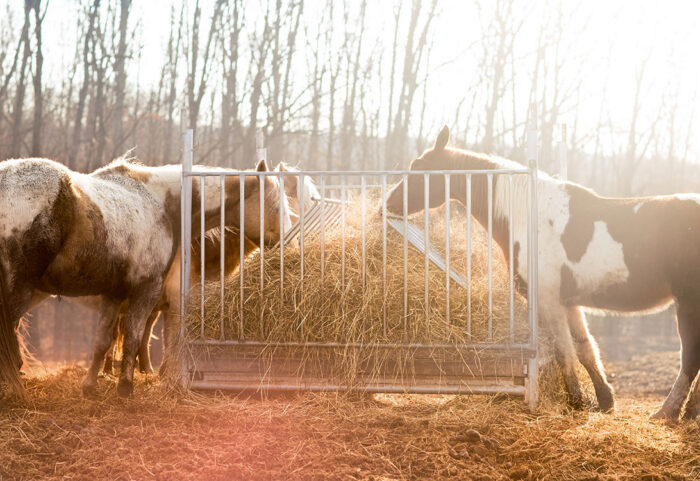My Cat is Panting. What Should I Do?
Do cats pant?
Well, sometimes. Cats don’t generally pant the same way dogs do, and certainly not all the time. For most cat owners, panting is a little out of the ordinary; the good news is, it’s usually nothing to worry about. If your cat is ever acting abnormally, contact your vet.
Normal Cat Panting
Panting – the process of breathing with your mouth open, sometimes accompanied by breathy noises – happens, even to cats. Just like dogs, cats sometimes pant after periods of strenuous exercise, or when they’re overly warm. Certain cat breeds are known to pat more often than others: Himalayans, Persians, Maine Coon, and other long-haired breeds are most susceptible. Generally, cat panting is a little more discreet than dog panting. Most cats aren’t too over the top, drooling everywhere or making such a racket you can’t hear the TV. If your cat’s panting doesn’t subside quickly, or it’s hard to tell whether he’s having a hard time breathing or is taking erratic breaths, something else is going on.
When to be Concerned About Panting
When should you worry about your cat’s panting? Panting should always accompany some explanatory behavior. If your cat pants after a rousing round of play or in a hot room, he’s probably just trying to cool himself down. Likewise, anxiety can also induce panting, so your cat might pant during vet visits or when getting into a vehicle, too. If your cat is panting but you can’t figure out why, watch him closely. Spontaneous panting could be a sign of something more serious. If his panting is accompanied by any of the following symptoms, call your local veterinarian immediately:
Bright Red Tongue
Heavy Drooling
Weakness/Lethargy
Diarrhea or Vomiting
Bleeding from the Nose
Medical Concerns Regarding Cat Panting
As a symptom of a more serious medical issue, panting can often be a first sign. Panting can be a symptom of a wide variety of cat ailments from asthma to bronchitis to a pleural effusion, among others. If your cat’s panting is totally unexplainable or prolonged, contact your vet for diagnostic tests. Tests can include heartworm testing, blood tests (for anemia and/or diabetes), ultrasounds, EEGs, and whatever else your vet deems necessary. If you think your cat is panting because he is hot, watch for symptoms of heat stroke. If it’s a particularly hot day and you’re outdoors, move to a cooler location immediately. Bright red tongue or gums, vomiting, or lethargy can all indicate your cat is suffering from heat stress; work to cool him off immediately.
In general, if you’re concerned about your cat’s behavior, call your vet!
No issue is too big or too small for a vet to consult on, and sometimes seemingly innocuous behaviors such like panting can be a symptom of a bigger problem.


